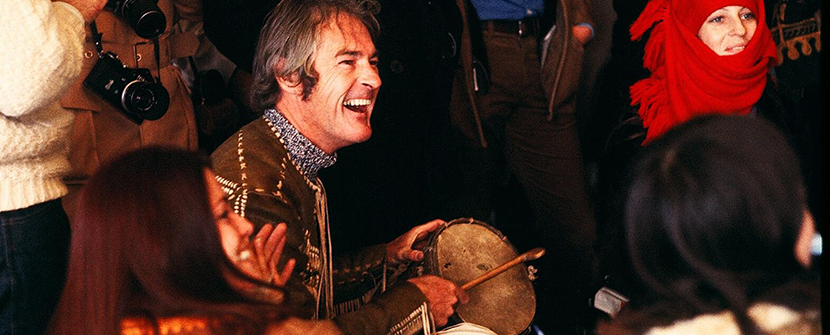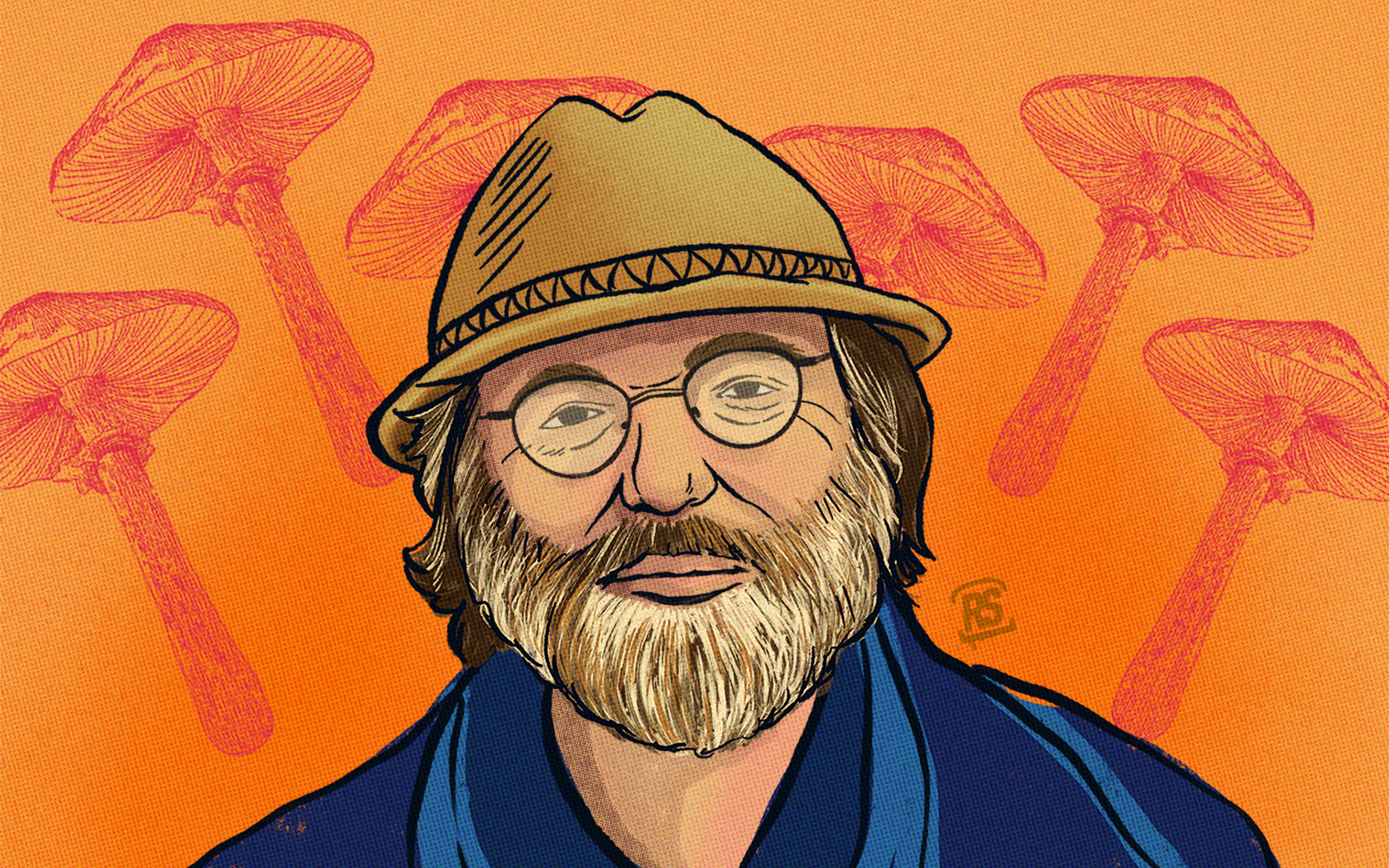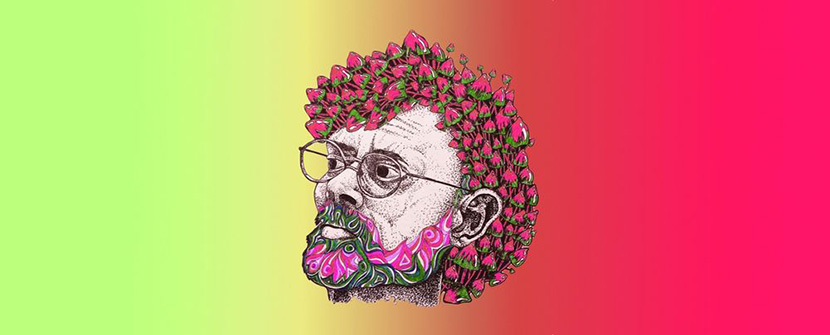Timothy Leary was a prominent figure in the world of psychedelics during the 1960s and 70s. He was a psychologist, writer, and advocate for the use of psychedelic drugs for personal and spiritual growth. Leary’s work in the field of psychedelics had a significant impact on society, especially in the counterculture movement of the time.
Early life
Leary was born in 1920 in Springfield, Massachusetts. He attended West Point Military Academy but was dismissed for disciplinary reasons. He then went on to earn his Ph.D. in psychology from the University of California, Berkeley. While at Berkeley, Leary became interested in the effects of psychoactive drugs on the human mind.
Psychedelic advocate
Leary’s first experience with psychedelics came in 1960 when he participated in a study on the effects of psilocybin, the active ingredient in “magic mushrooms.”
He described the experience as life-changing and went on to conduct his own research on the effects of LSD and other psychedelics. Leary became an advocate for the use of psychedelics, believing that they could be used as tools for personal and spiritual growth. He saw them as a way to break down barriers and open up the mind to new perspectives and ideas.
He famously coined the phrase “Turn on, tune in, drop out,” encouraging people to embrace psychedelic experiences and reject mainstream society.
Counterculture icon
Leary’s work with psychedelics drew both praise and criticism. Many saw him as a champion for individual freedom and exploration, while others saw him as a dangerous figure promoting drug use. He was ultimately forced out of academia and went on to become a counterculture icon, appearing at music festivals and other events to speak about the benefits of psychedelics.
His legacy
Leary’s impact on the world of psychedelics continues to be felt today. His advocacy helped pave the way for the psychedelic renaissance that is currently underway. He also influenced countless artists, writers, and musicians, and his ideas about the mind and consciousness continue to inspire new research and discoveries.





